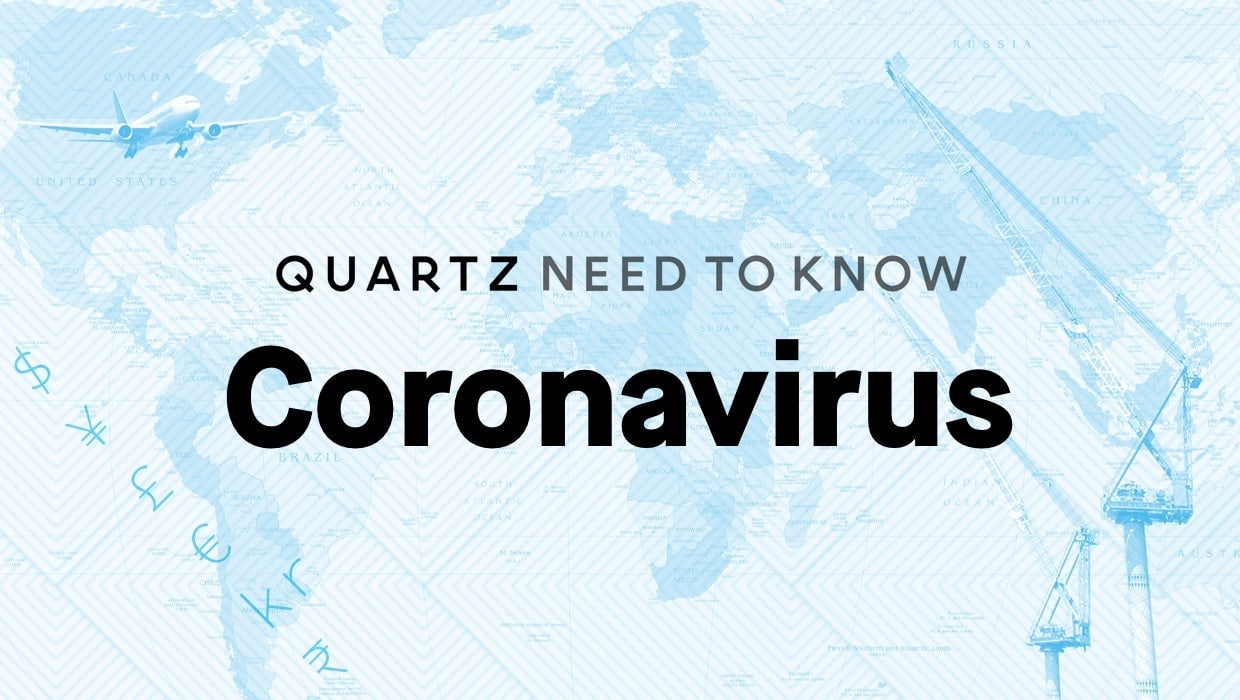This week for Quartz members: Beyond student debt
Dear members—

Dear members—
“The nature of work has changed,” Quartz’s Michael J. Coren writes. “Education, for the most part, has not.” This week’s field guide explores what it will take to equip workers around the world with the skills and training that they need to succeed—without miring them in debt.
In his state of play, Michael provides a whirlwind tour of how the payoff to education has changed, and why the well-worn advice to “go to college” vastly oversimplifies things. He covers a range of new models for training, from schools built inside Amazon warehouses to universities focused on delivering narrow competencies at reduced cost. All of these experiments carry major risks, he reports, citing the cautionary tale of the for-profit University of Phoenix. Nonetheless, they point toward some principles that will define the future of education and employee training.
Michael also evaluates the mixed record of coding bootcamps. They’re delivering something valuable at a fraction of the cost of universities, but their record of finding students jobs may not be as strong as they claim.
To explain how we got here, he breaks down the changing world of work in charts. And he offers a series of resources to help you make decisions about your own investments in training and education.
TO DISCUSS WITH FRIENDS OVER DINNER…
- Just 27% of US undergraduates fit the model of a “traditional” student—someone attending school full-time, without serious family or work responsibilities.
- The UK has the highest average annual tuition price for public colleges, followed by the US and Japan.
- Only 5% of low-wage workers in the US moved into better jobs over a recent 12-month period, according to a study by the New York Federal Reserve.
- By the end of 2020, Amazon says it will have at least 60 classrooms in its warehouses.
NAVIGATE THE NOISE

We’ve launched a newsletter about the coronavirus. It’ll track how an epidemic and the fear it creates are affecting the global economy. A few times a week, this newsletter will help you understand the ways in which one disease is impacting not just global health, but markets, industries, politics, and the way we live our lives. Sign up here.
Best wishes for a productive week,
Walter Frick